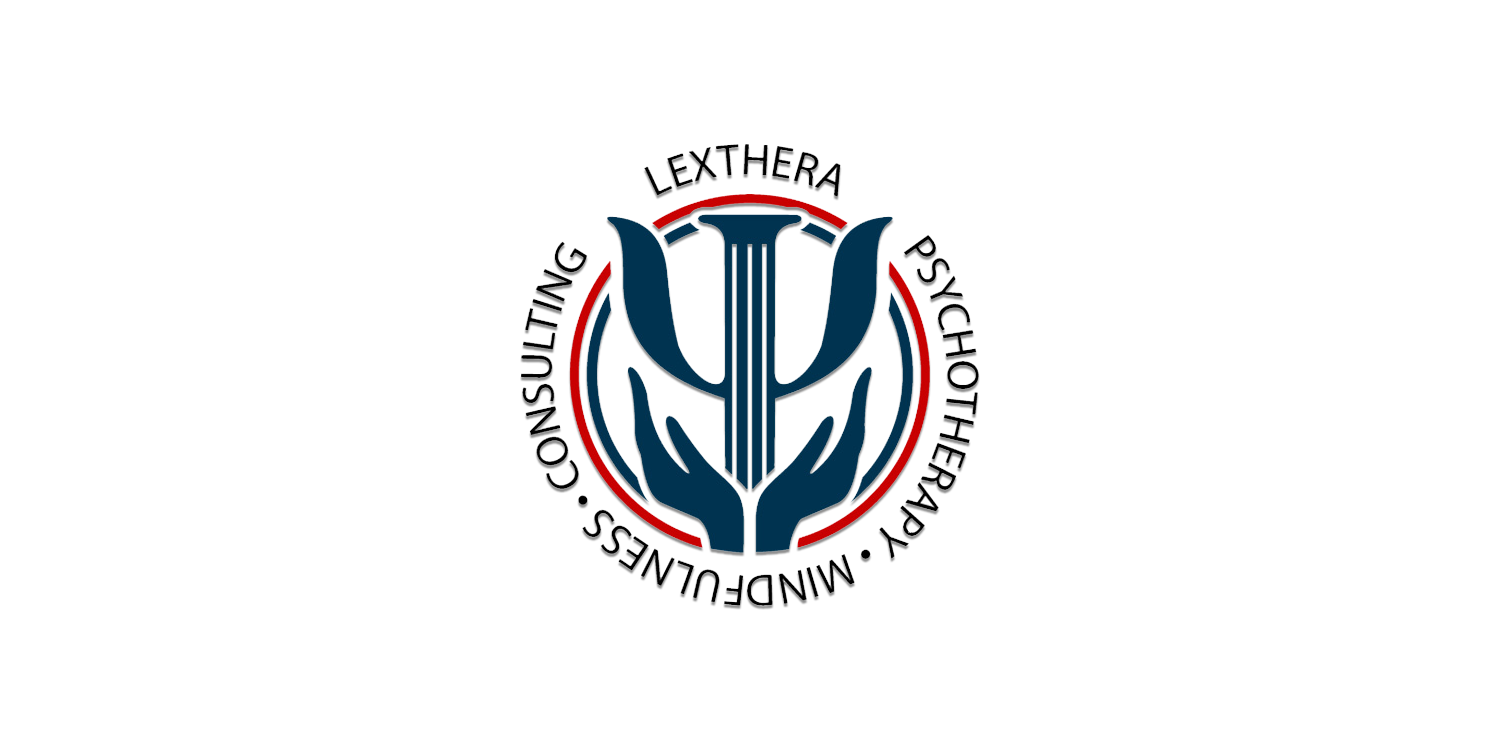The Dualistic Thinking Paradigm
In the legal profession, dualistic, analytical thinking is a requisite. Attorneys are trained to argue both sides of a situation, analyze problems meticulously, and structure their thoughts in a linear, logical progression. While this type of thinking has substantial benefits for the practice of law, it also has potential drawbacks. Recent research has linked this highly dualistic, analytical thinking style to higher rates of anxiety, depression, and substance abuse among attorneys.
Dualistic thinking, or black-and-white thinking, is a cognitive process characterized by dichotomous categorization of concepts into opposing extremes such as good/bad, right/wrong, guilty/innocent, and win/lose. In the legal realm, this dichotomous structure is fundamental. Lawyers must scrutinize cases from both sides, predict potential counterarguments, and frame their arguments within the dichotomous structure of the law.
This analytical way of thinking is invaluable for legal work but can translate into an overly rigid worldview in personal life. Attorneys may find it difficult to navigate the grey areas in personal relationships, self-perception, and day-to-day experiences. The resulting cognitive dissonance can lead to heightened stress and anxiety.
Anxiety, Depression, and Substance Abuse in the Legal Profession
Anxiety and depression are significantly more prevalent among lawyers compared to the general population. The American Bar Association reported that 28% of licensed, employed lawyers struggle with depression, and 19% experience anxiety. Additionally, substance abuse, especially involving alcohol, is more common among lawyers.
A number of factors contribute to this trend. The high-stress nature of legal work, combined with long working hours, can exacerbate mental health issues. However, the unique cognitive style of attorneys—the dualistic, analytical thinking—is increasingly being recognized as a significant factor.
Implications of Dualistic Thinking for Mental Health
Dualistic thinking can contribute to a sense of isolation, perfectionism, and unachievable standards. Attorneys may struggle to reconcile the complexities of life with their ingrained black-and-white thinking. They might find it difficult to cope with uncertainty and may be more likely to view any failure or setback as a catastrophic event, amplifying feelings of anxiety and depression.
In addition, dualistic thinking can fuel substance abuse. Alcohol and drugs may be seen as a means to manage the stress and anxiety stemming from an inability to reconcile professional and personal cognitive styles.
Balancing the Scales: Interventions and Support
Understanding the impact of dualistic thinking on mental health can inform interventions for those in the legal profession. Potential measures include promoting mental health literacy in law schools and firms, providing robust support services, and normalizing the seeking of help.
Cognitive-behavioral therapy (CBT), which helps individuals identify and change maladaptive thought patterns, could be particularly useful. Mindfulness-based stress reduction techniques and yoga can also help attorneys learn to tolerate ambiguity and reduce dichotomous thinking.
Finally, fostering a culture of work-life balance in legal environments can mitigate the impact of dualistic thinking. Encouraging attorneys to pursue hobbies, spend time with loved ones, and participate in activities outside the realm of law can help to broaden their perspectives and promote cognitive flexibility.
The legal profession’s propensity for dualistic, analytical thinking is an essential tool in the courtroom but can become a double-edged sword when it bleeds into personal life. By understanding the connection between this thinking style and the high incidence of mental health issues among attorneys, the legal profession can better support its members, promoting not just legal acumen but also mental well-being. If the challenges alluded to above are resonant with your experience as an attorney, or even as a law student, we invite you to contact us for an initial consultation with Licensed Attorney and Psychotherapist Mike Lubofsky.
